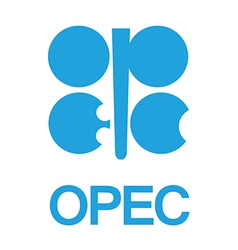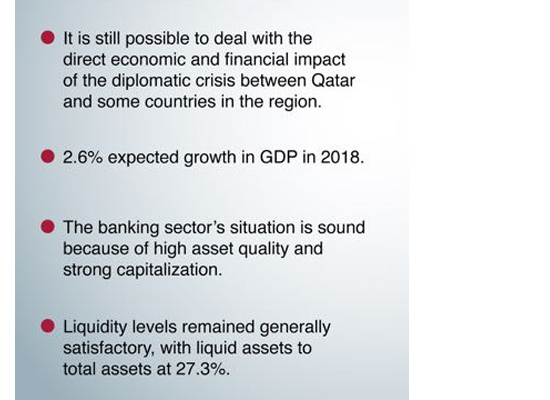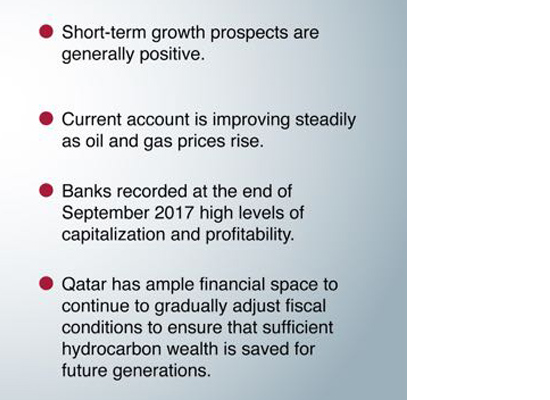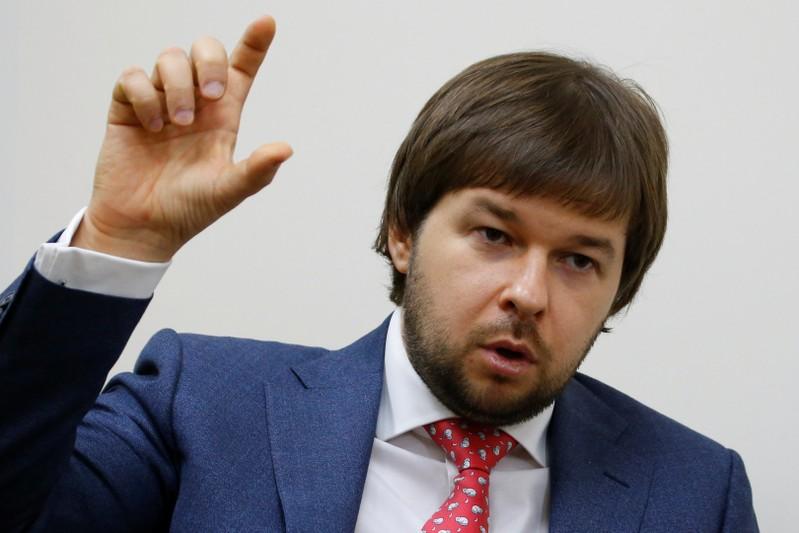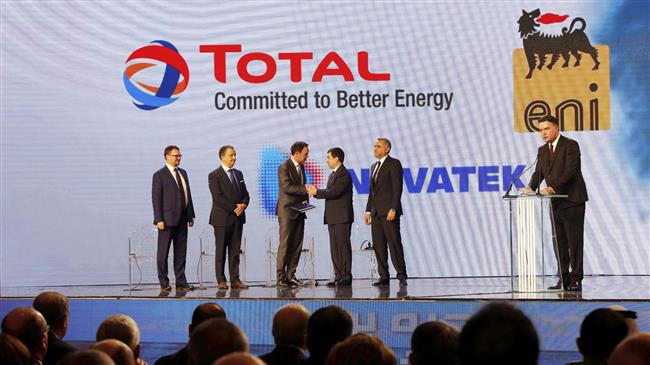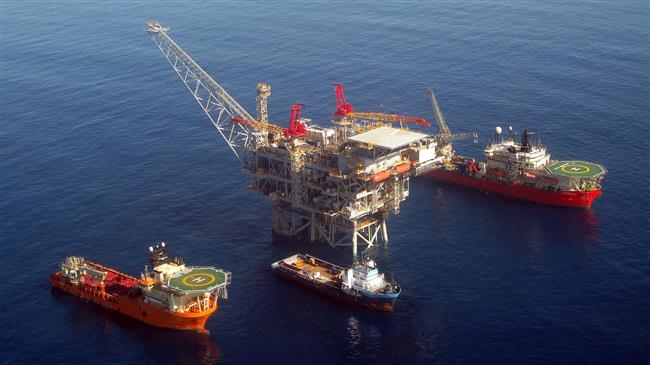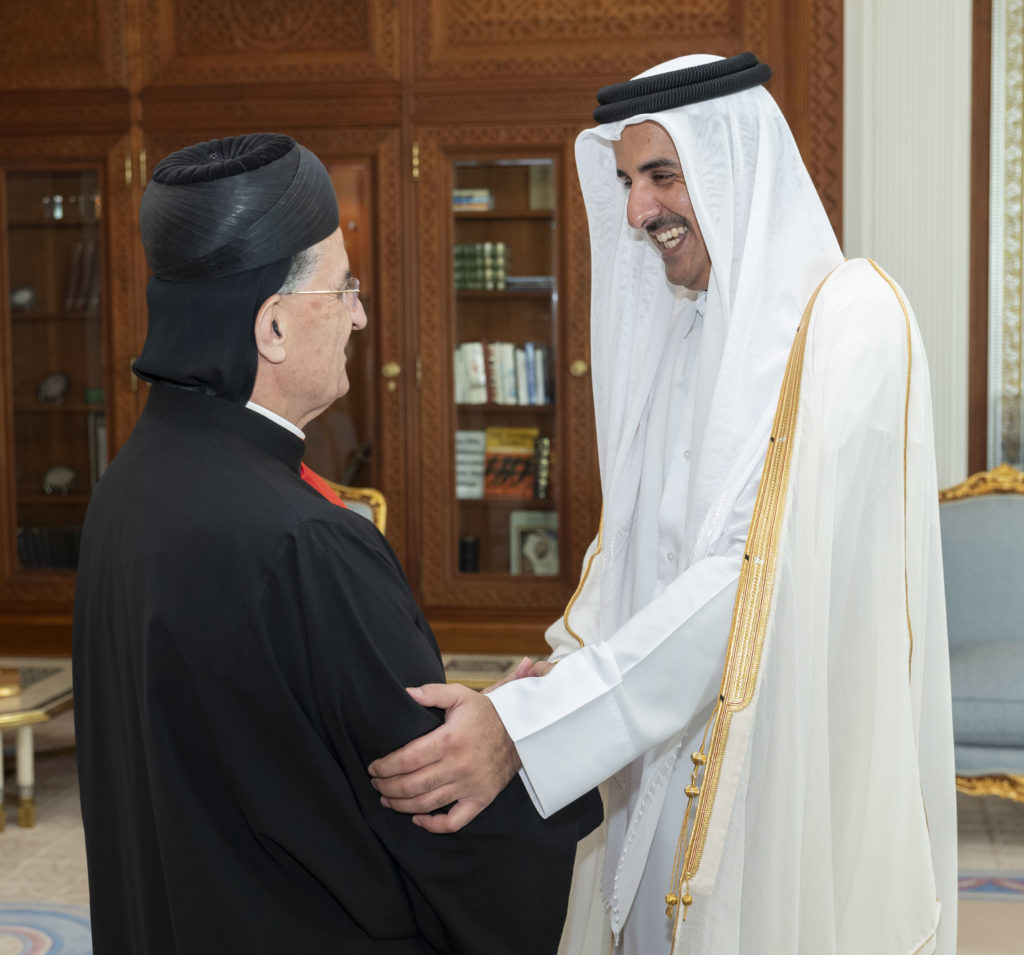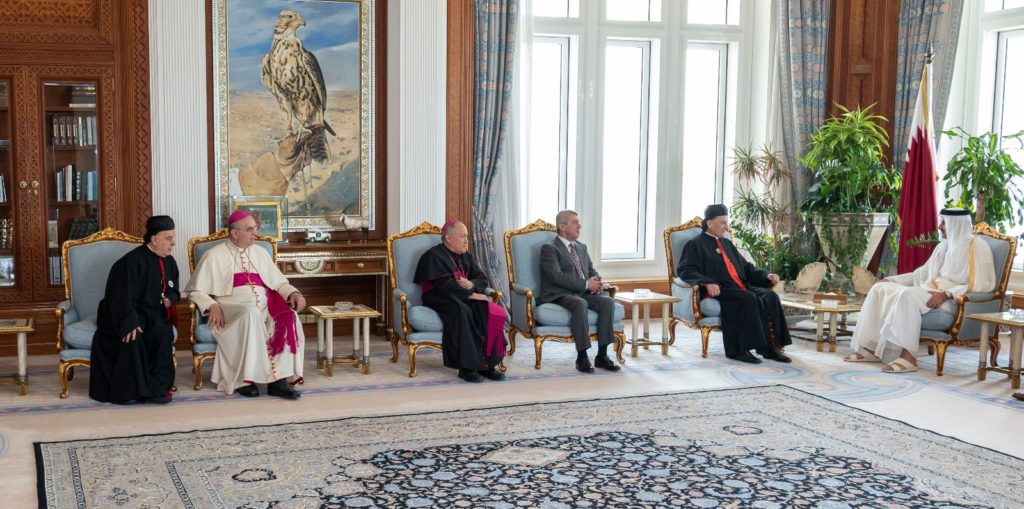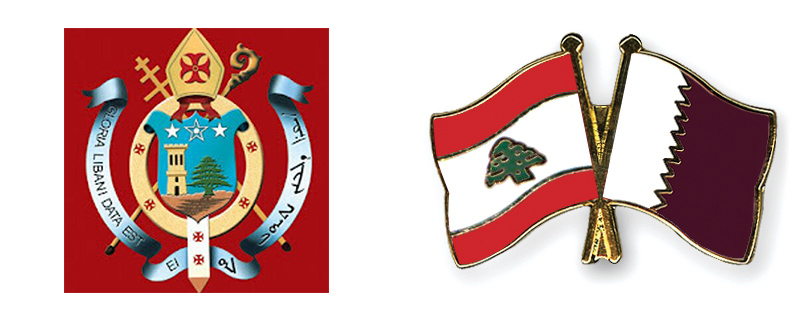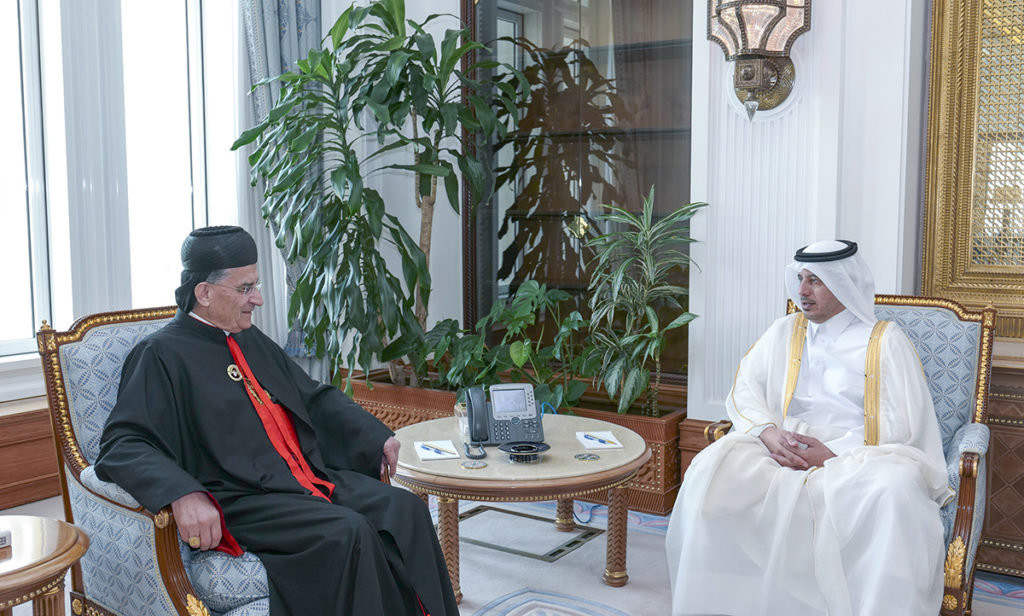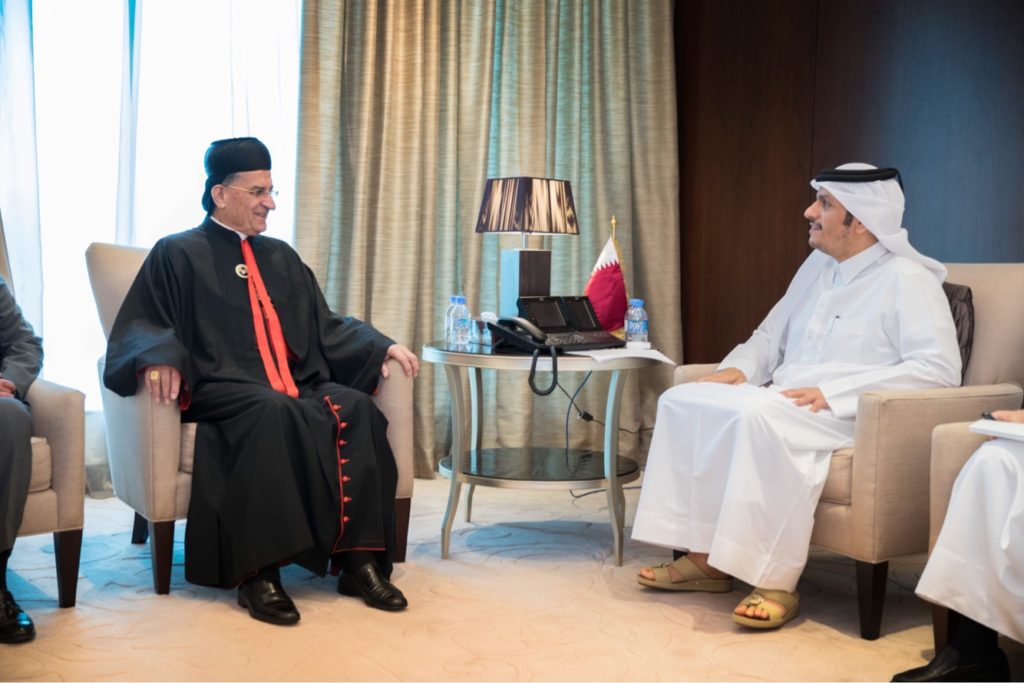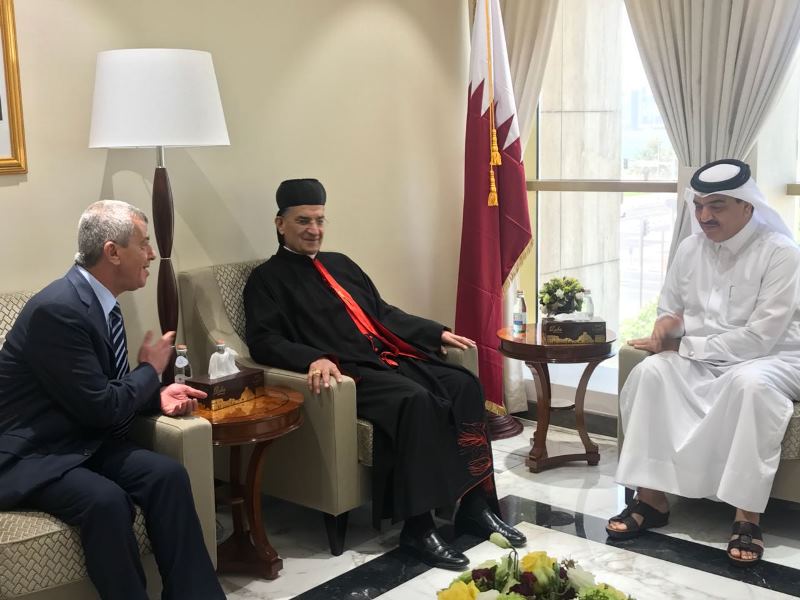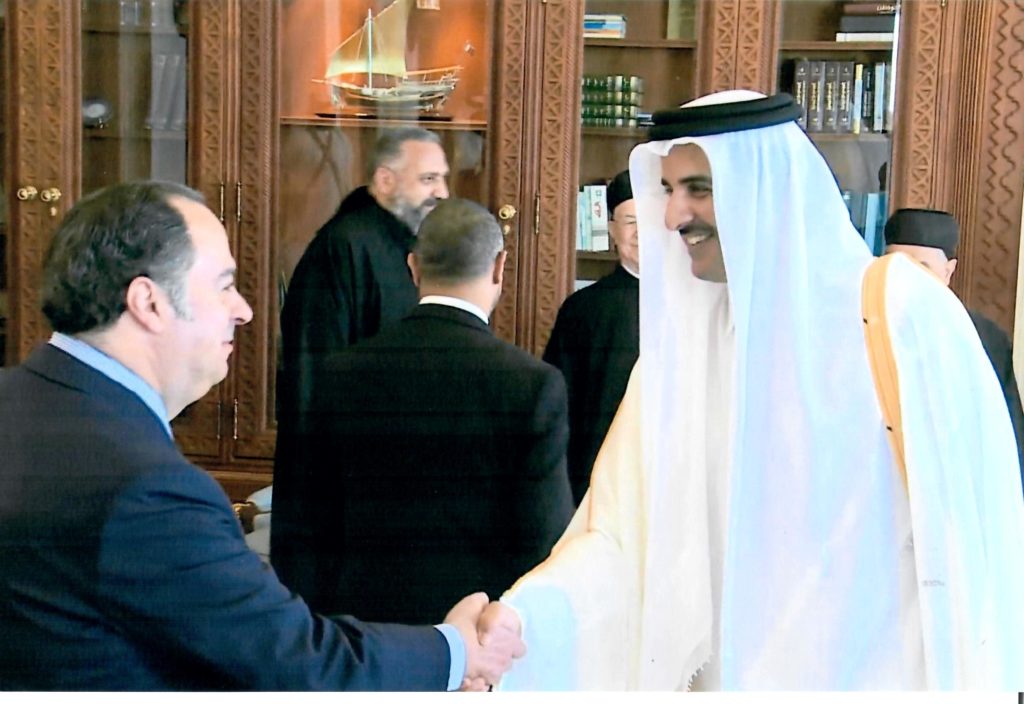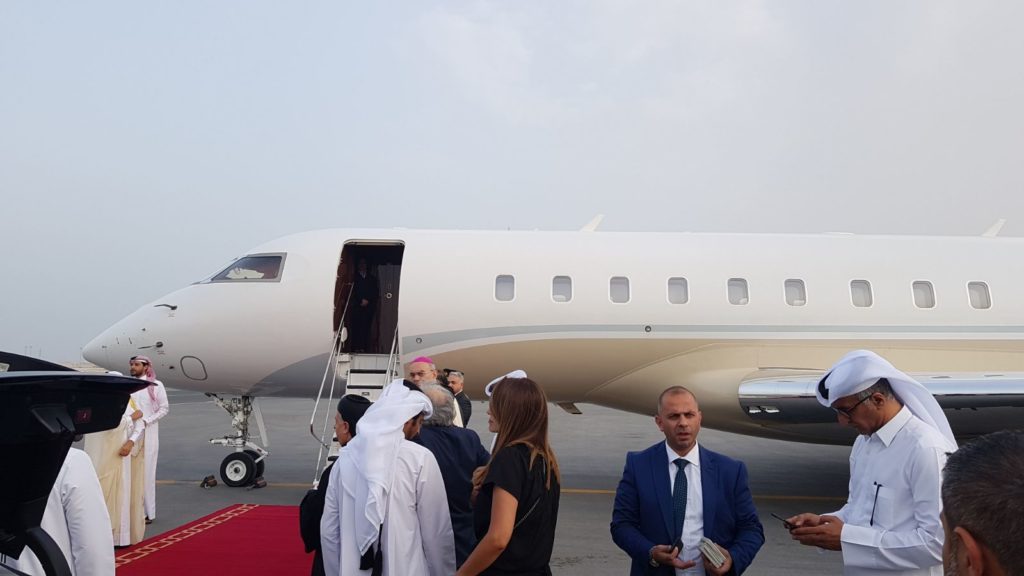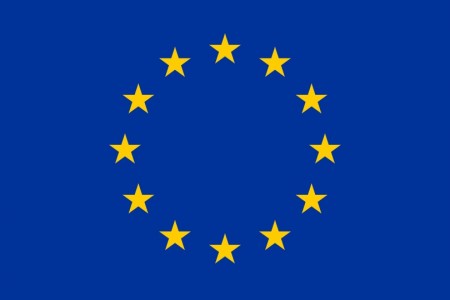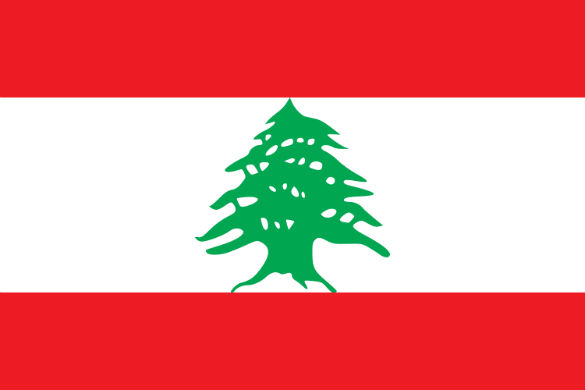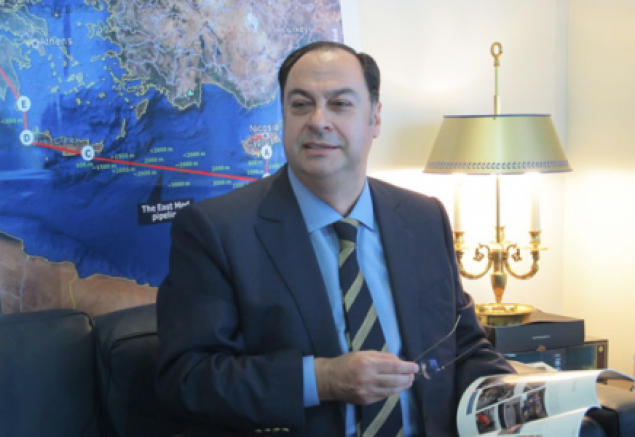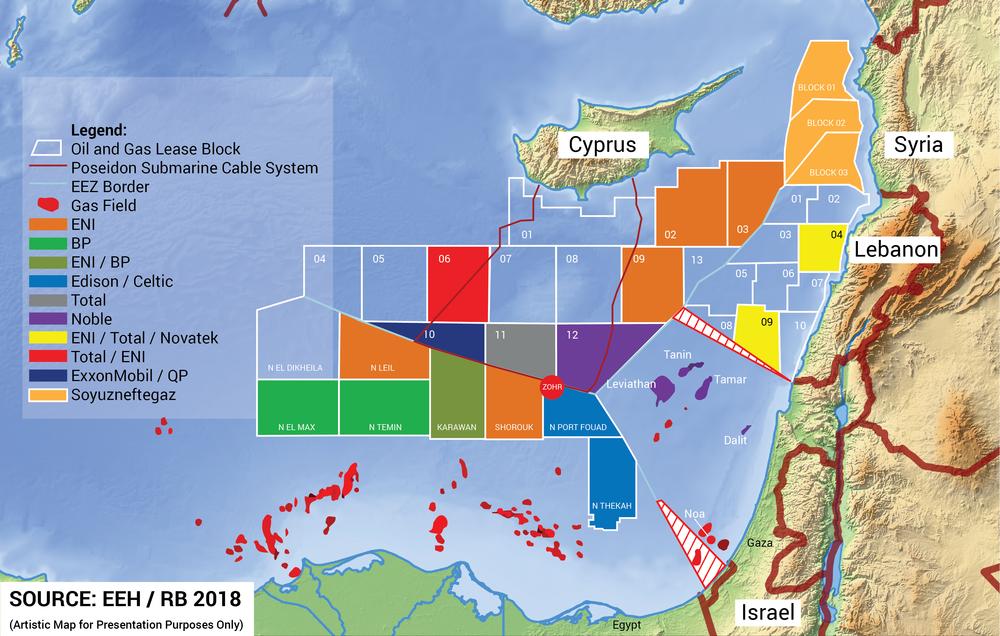Deutsche Bank Hits Record Low as It Defends Troubled U.S. Unit

-
U.S. Fed, FDIC said to place lender on troubled firm lists
- Deutsche Bank says it has ‘significant liquidity reserves’
Deutsche Bank AG fell to a record low Thursday after reports that U.S. regulators added it to a group of troubled lenders they monitor. The firm said it’s overhauling the operations at issue, and that there are “no concerns” about its financial stability.
The stock dropped 7.2 percent to 9.16 euros in Frankfurt, the lowest close since Bloomberg began keeping records in 1992. The bank’s U.S. business was added to a group of troubled lenders monitored by the deposit insurance regulator, months after the Federal Reserve placed the lender on its own list of problem banks, a person familiar with the matter said Thursday.
The news compounds the challenges for new Chief Executive Officer Christian Sewing as he seeks to restore profitability. U.S. regulators warned Europe’s biggest investment bank in March that it must more urgently fix lapses described in a series of settlements with the Fed over the past few years. After failing to make a profit for three years, Deutsche Bank is accelerating a plan to refocus on clients in Europe, though Sewing has said the U.S. will remain an important market.
“I’m concerned about Deutsche Bank’s ability to fix problems in their controls and monitoring capacities,” said Michael Huenseler, a portfolio manager at Assenagon Asset Management. “Regulators are continuing to keep a close eye on this, as well as rating agencies, and so should investors.”
Risk Controls
Laura Benedict, a spokeswoman for the Fed, declined to comment on any matter that involves confidential supervisory material. David Barr, a spokesman for the FDIC, also declined to comment. The person familiar with the U.S. regulators’ moves, who requested anonymity, confirmed reports earlier Thursday by the Wall Street Journal and Financial Times.
The decision means the FDIC views Deutsche Bank’s federally insured U.S. business as having financial, operational or managerial weaknesses that threaten its continued financial viability. The Fed’s decision dates from a year ago, and Deutsche Bank has had to seek the central bank’s approval for hiring and firing senior U.S. managers, the Journal said.
In a statement late Thursday, Deutsche Bank said there are “no concerns with regard to the financial stability” of the parent company, and that its main U.S. banking subsidiary has “a very robust balance sheet.”
“We have previously indicated that our regulators have identified various areas for improvement relating to our control environment and infrastructure,” it said. “We are highly focused on addressing identified weaknesses in our U.S. operations.”
Deutsche Bank’s risk controls have been under scrutiny for years, yet remain problematic. Bloomberg News has reported that the lender inadvertently transferred 28 billion euros ($33 billion) to one of its outside accounts in March, a so-called “fat finger” error that echoed a similar 21-billion euro mistake in 2014. In both cases, the errant transfers were quickly spotted and the money returned.
The lender may have reduced some risk-taking as a result of the Fed’s scrutiny, according to the Journal.
2016 Lows
Deutsche Bank’s shares have tumbled 42 percent this year, the worst performance in the 42-member Bloomberg Europe Banks and Financial Services Index.
Deutsche Bank is “very well capitalized and has significant liquidity reserves,” Charlie Olivier, a spokesman for the German lender in London, said in a statement earlier Thursday.
Sewing replaced his ousted predecessor John Cryan in April. S&P Global Ratings has been reviewing Deutsche Bank’s credit profile since then, saying that repeated changes of leadership raised questions over the firm’s long-term direction amid a background of chronically low profitability. The German lender is predicting a return to profit in 2018.
The FDIC considers “problem” lenders to have “financial, operational, or managerial weaknesses that threaten their continued financial viability,” according to the regulator’s website.
Sewing, who has spent his whole career at Deutsche Bank, has tried to put to rest such concerns in his first two months in charge, announcing sharp cuts in capital-intensive and competitive businesses such as prime finance and global equities, and promising to eliminate at least 7,000 jobs from the current staffing level of 97,000.
U.S. regulators scolded top Deutsche Bank executives in March and urged them to fix problems that had emerged in a series of investigations. Last year, the Fed fined the firm almost $157 million for lax oversight of employees in New York, including a failure to ensure that workers abided by the Volcker Rule, which bans risky market bets with shareholders’ money, and not detecting that currency traders were engaging in “unsafe and unsound conduct,” the Fed said.
